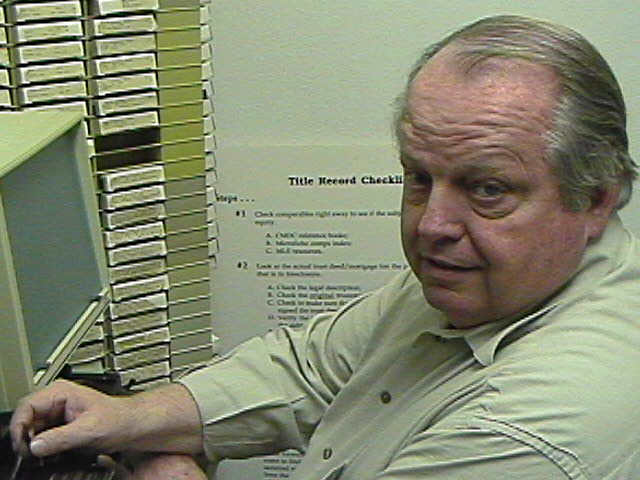
Foreclosure Forum

|
Foreclosure Forum |
|
|
Yes, when the cat's away the mice will play.In Reply to: Collusion posted by Sean Wagle on March 30, 2002 at 1:29 AM : To me, this seems like an obvious thing, although I haven't seen it addressed anywhere. : Even in a crowd of 50 auction attendees, there are probably only 5 or 6 who have really deep pockets and are ready to bid on any bait that pops up. The rest are hanging back, waiting for a specific property, or just don't have the bankroll to try. : In any market, these main players will get to know each other after scrapping several times. And at some point, one of them would pull the others aside and say: "Why are we paying the 2nd and 3rd notes off, by bidding against each other? Let's come up with an informal rotation agreement to stay out of each other's way on bids... so we each have a shot at cheap deals!" : Perhaps in the affordable-housing-scarce and deep-pocketed mileiu of southern CA, this is hard to do. But surely it must happen in some places. : So, how prevalent is this? Would the trustee bar bidders who have engaged in collusion? (Or does it *not* happen-- perhaps because the players can't get their egos out of the way, and they "like" winning the bidding!) =•=•=•=•=•=•=•=•=•=•= Sean, When dealers routinely band together at auctions and agree amongst themselves not to bid against each other, the practice is called “pooling”. According to experts in the Justice Department, pooling dates back to at least the 1890’s. Pooling works to shortchange the seller in an auction by acting as a brake on the uninhibited bidding of individual buyers. In a foreclosure situation, when the proceeds of free bidding exceed the debt owed the foreclosing lender, the overbid would go to the wiped out junior lienors and at times would even reach the impoverished ex-owner. Only one dealer in the pool bids. Later, after the public auction is over, pool members hold their own auction, beginning where the final, public bid left off. The bidding goes round robin amongst the members in the pool until all but one drops out, creating a multi-level overbid that is divvied up between the members. Pooling is much more prevalent than most people suspect and seems to occur at auction sales of “specialized goods” such as burlap, industrial products, tobacco, cattle, timber, art, antiques, custom house auctions and property foreclosures everywhere, including California. The practice, locally called “bid chilling”, is expressly forbidden at California trustee’s sales by Civil Code Section 2924h(g), and I hereby quote: It shall be unlawful for any person, acting alone or in concert with others, (1) to offer to accept or accept from another, any consideration of any type not to bid, or (2) to fix or restrain bidding in any manner , a sale of property conducted pursuant to a power of sale in a deed of trust or mortgage. However, it shall not be unlawful for any person, including a trustee, to state that a property subject to a recorded notice of default or subject to a sale conducted pursuant to his chapter is being sold in an “as is” condition. In addition to any other remedies, any person committing any act declared unlawful by this subdivision or any act which would operate as a fraud or deceit upon any beneficiary, trustor, or junior lienor shall, upon conviction, be fined not more than ten thousand dollars ($10,000) or imprisoned in the county jail for not more than one year, or be punished by both that fine and imprisonment.
Follow Ups: Post a Followup:
|
Information provided by this website is for informational purposes only and is not a substitute for professional advice. Please consult your investment advisor and/or attorney before entering into any transaction.
Copyright © 1997-2002, InnoVest Resource Management
InnoVest Resource Management, 4569-A Mission Gorge Place, San Diego CA 92120-4112
(619) 283-5444, Fax (619) 283-5455